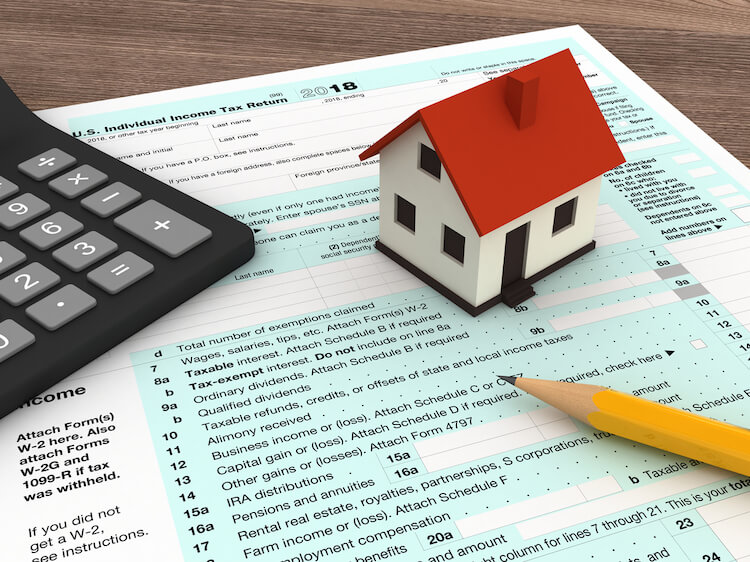Investing in real estate can be a lucrative venture, especially in a dynamic market like Australia. However, along with the potential for high returns comes the responsibility of managing taxes and maintaining meticulous records. In this article, we’ll delve into some essential tips to help you navigate the complexities of tax and record keeping for your investment property Down Under.
Understanding Tax Implications
One of the first things to grasp when investing in property in Australia is the tax obligations associated with it. Here’s a rundown of key taxes to be aware of:
Income Tax: Rental income derived from your investment property is subject to income tax. It’s important to accurately report this income in your tax return. Remember to take into account any deductible expenses to reduce your taxable rental income.
Capital Gains Tax (CGT): When you sell your investment property for a profit, you may be liable for CGT. However, certain exemptions and concessions may apply, such as the 50% CGT discount for assets held for more than 12 months or the main residence exemption if the property was your primary residence for part of the ownership period.
Land Tax: Depending on the state or territory in which your investment property is located and its value, you may be required to pay land tax. Familiarize yourself with the specific land tax rules applicable to your property’s jurisdiction.
Goods and Services Tax (GST): GST typically doesn’t apply to residential rental income. However, if you provide additional services or facilities to tenants and charge a separate fee, GST may be applicable.
Stamp Duty: This is a one-time tax payable when purchasing a property. While it’s not an ongoing expense like income tax, it’s important to factor it into your investment calculations.
Record Keeping Best Practices
Maintaining thorough and accurate records is crucial for managing your investment property effectively and complying with taxation requirements. Here are some record-keeping tips to streamline your property management processes:
Keep Receipts and Invoices: Retain all receipts and invoices related to expenses incurred for your investment property, such as repairs, maintenance, insurance premiums, property management fees, and council rates. These documents serve as evidence for claiming deductions and substantiating your expenses in the event of an audit.
Organize Financial Statements: Maintain organized financial statements detailing rental income received, expenses incurred, and any other financial transactions related to your property. This will facilitate the preparation of your tax return and provide a clear overview of your property’s financial performance.
Document Rental Agreements: Keep copies of rental agreements or leases signed with tenants, including any amendments or renewals. These documents outline the terms of the tenancy and serve as legal records in case of disputes or rental tribunal hearings.
Record Property Improvements: Document any capital improvements made to the property, such as renovations or upgrades, along with associated costs and receipts. This information is essential for calculating capital gains tax when you sell the property.
Utilize Digital Tools: Consider leveraging digital accounting software or property management platforms to streamline record keeping and financial tracking. These tools offer features such as expense categorization, automated rent collection, and financial reporting, making it easier to stay organized and compliant.
Seek Professional Advice
Navigating the intricacies of tax and record keeping for your investment property can be challenging, especially for novice investors. Therefore, it’s advisable to seek professional advice from qualified tax accountants or property specialists who can provide tailored guidance based on your individual circumstances and investment goals. A knowledgeable advisor can help you optimize your tax position, identify available deductions and concessions, and ensure compliance with relevant regulations.
In conclusion, maximizing returns on your investment property in Australia requires a proactive approach to tax management and diligent record keeping. By understanding your tax obligations, implementing effective record-keeping practices, and seeking professional advice when needed, you can enhance the profitability of your property investment and achieve long-term financial success.
Disclaimer: The information in this article is general in nature and should not be considered personal or financial advice. You should always seek professional advice or assistance before making any financial decisions.
To obtain more info regarding finding the best investment property or a suitable development site for your specific needs and goals, arrange a free discovery session with our buyer’s advocate.
A discovery session includes the following:
· Assessment of your current situation
· Discover property investment strategy options.
· Recommendations related to the right property investment strategy for your specific situation.
· Confirm next steps.
Call 0411 70 3682 or email to arrange a discussion.

